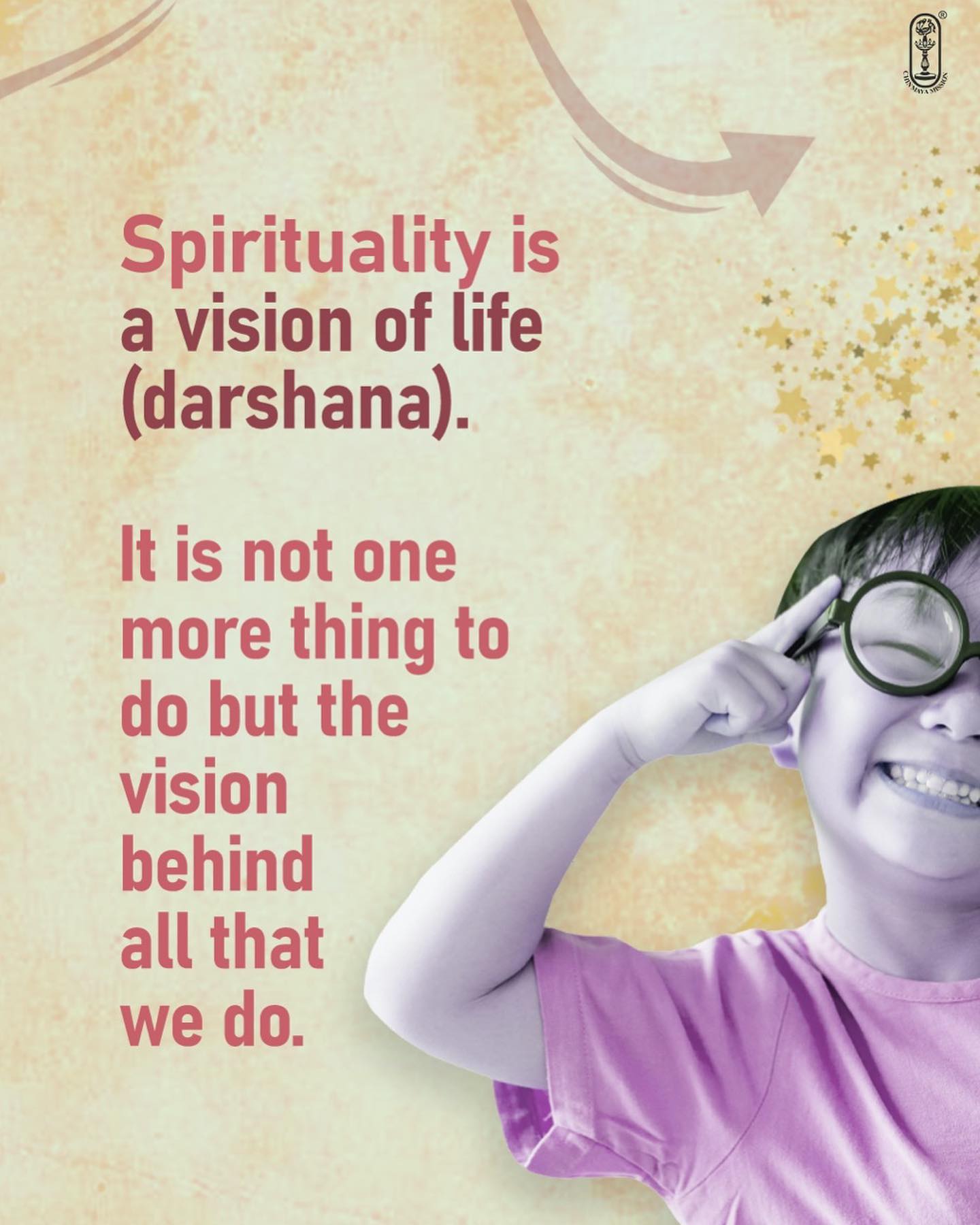MUNDAKA UPANISHAD - 5. Swami Advayananda.
==============================================================
===============================================================
6 Chapters (64 Mantras)
Chapter-1.
Section-1.
1. THE ORIGINS OF KNOWLEDGE : (Mantras 1-9, 9 no.)
===============================================================
Thursday, May 19, 2022. 20:00
1.1.5: Definitions of Lower & Higher Knowledge
===========================================================
Mantram-5.
"Tatrapara, Rg-vedah, yajur-vedah,
sama-vedah atharva-vedah siksha,
kalpo, vyaakaranam, niruktam, chhandas, jyotisham iti;
atha para yaya tad-aksharam-adhigamyate."
--------------------------------------------------------------------------------------------------------
Translation :
*tatra apara = There to Lower knowledges
*rg-vedah, yajur-vedah, sama-vedah atharva-vedah; = The 4 Vedas: the Rig, the
Yajur, the Sama and the Atharva; (and)
*shiksha, kalpo, vyakaranam,niruktam, chhandah, jyotisham iti; = The 6
Vedangas: phonetics, rituals, grammar, etymology, metrics and astrology.
*atha para = Now the Higher knowledge is
*yaya tad aksharam adhigamyate. = that which leads to immortality, (or that
which goes beyond the literal or word meaning)
-------------------------------------------------------------------------------------------------------
Commentary :
Explanation of the Partnership :
---------------------------------------------------------------------------------------------------------
Even to understand the Higher knowledge, the Lower sciences such as
Vyakarana, etc, are needed. Clearly, the two are intended to go hand in hand, or
as Acharyaji put it, “the two have to move together.” This is why the sciences are
termed as Vedangas, meaning “limbs of the Vedas”. The Lower serves the
Higher, or one might say the Lower recruits for the Higher. It has to be clearly
understood that the Higher has a distinct aim that is very different from the
Lower.
----------------------------------------------------------------------------------------------------------
Acharyaji took great pains to make us understand the difference :
-------------------------------------------------------------------------------------------------------
Shaunaka’s very question shows the need for Brahma Vidya for one who has
already perfected the Lower knowledge. The Lower on its own does not satisfy
one permanently and has no limit in its volume. Once it has been perfected, it
brings one to a cul-de-sac. One is then bound to ask Shaunaka’s question to go
further in spiritual life.
It has already been mentioned that Apara has no limits, as there is no limit to the
projections in this world. The very word means “that which has no end.” It is an
ocean of water – we should just take enough of it to make our salt, and leave the
rest alone, or it will make us too salty!
Acharyaji put it very succinctly: “Dreams have no end; they only end on waking
up. Similarly, Apara Vidya has no end; it only ends with Para Vidya.”
---------------------------------------------------------------------------------------------------------
The Definitions :
To clear all confusion, here are two defining statements :
------------------------------------------------------------------------------------------------------------
Apara Vidya :
The Lower; this concerns the Vyavaharic level of Reality, the transactional world
or the phenomenal world; secular and transactional; Bhu Vidya (knowledge of
the earth). This knowledge is additive; some facts have to be added to the intellect
in order to grasp concepts. The methodology in Apara Vidya is to first know,
then do, then wait, and finally get the fruits.
Para Vidya :
The Higher; this is concerning the Paramarthic level of Reality, the
noumenal world; spiritual, transcendental knowledge is meant; Brahma Vidya.
More on this Vidya is said in the next verse. This knowledge is subtractive;
ignorance has just got to be removed in order for the knowledge to reveal itself.
The objective of this Vidya is simply to Know. Knowing is itself the fruit. Nothing
else is needed
The movement from the Lower to Higher is symbolized as a movement from “I
am body-mind-intellect” to just “I Am”. The difference is like the difference
between mere words and the meaning of those words, i.e. between Akshara the
word, and Akshara the Imperishable! There is a big difference between by-
hearting the Vedas and extracting the subtle essence of knowledge from those
same words. A child may be taught to repeat “Aham Brahmasmi” but it will take
a mature Yogi to realize it in practice.
*****
Next : Mantram-6. Explanation about the higher knowledge.
To be continued ...
==============================================================








.jpg)

Comments
Post a Comment